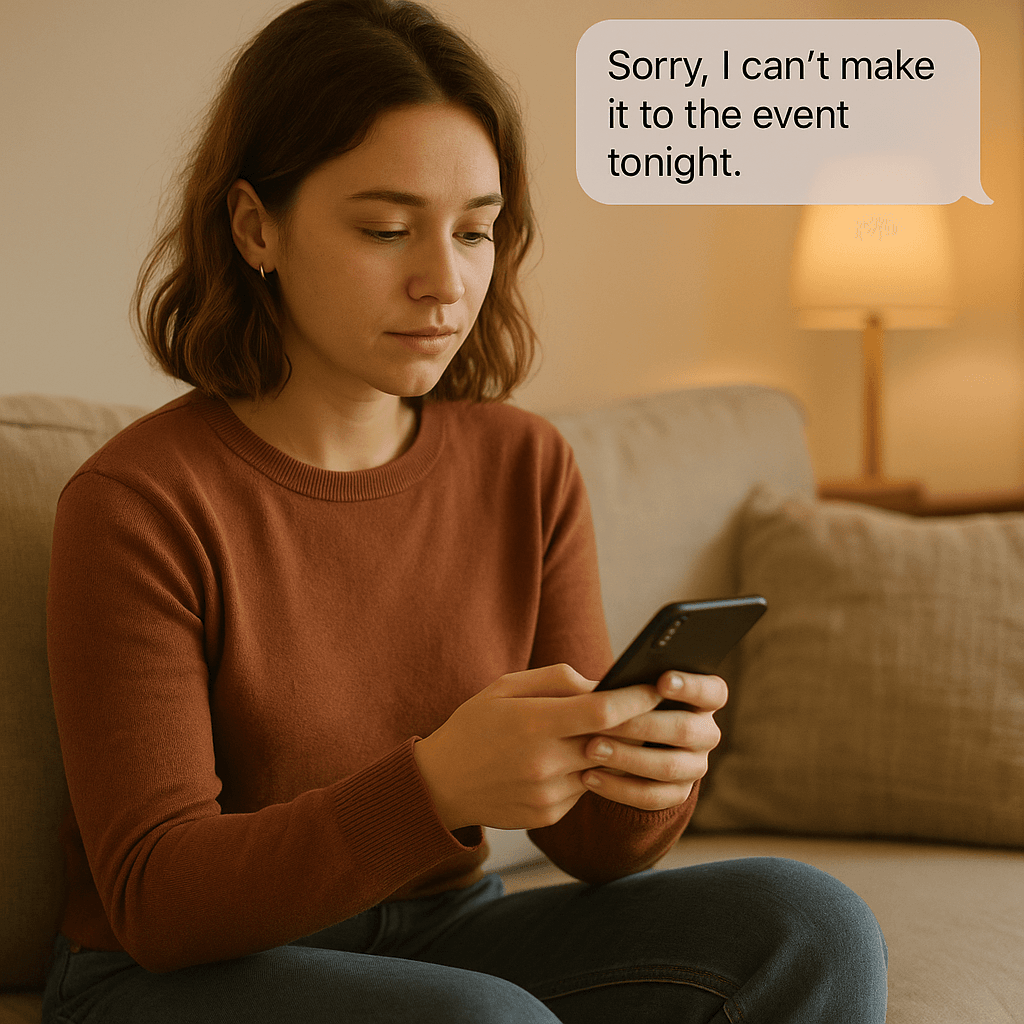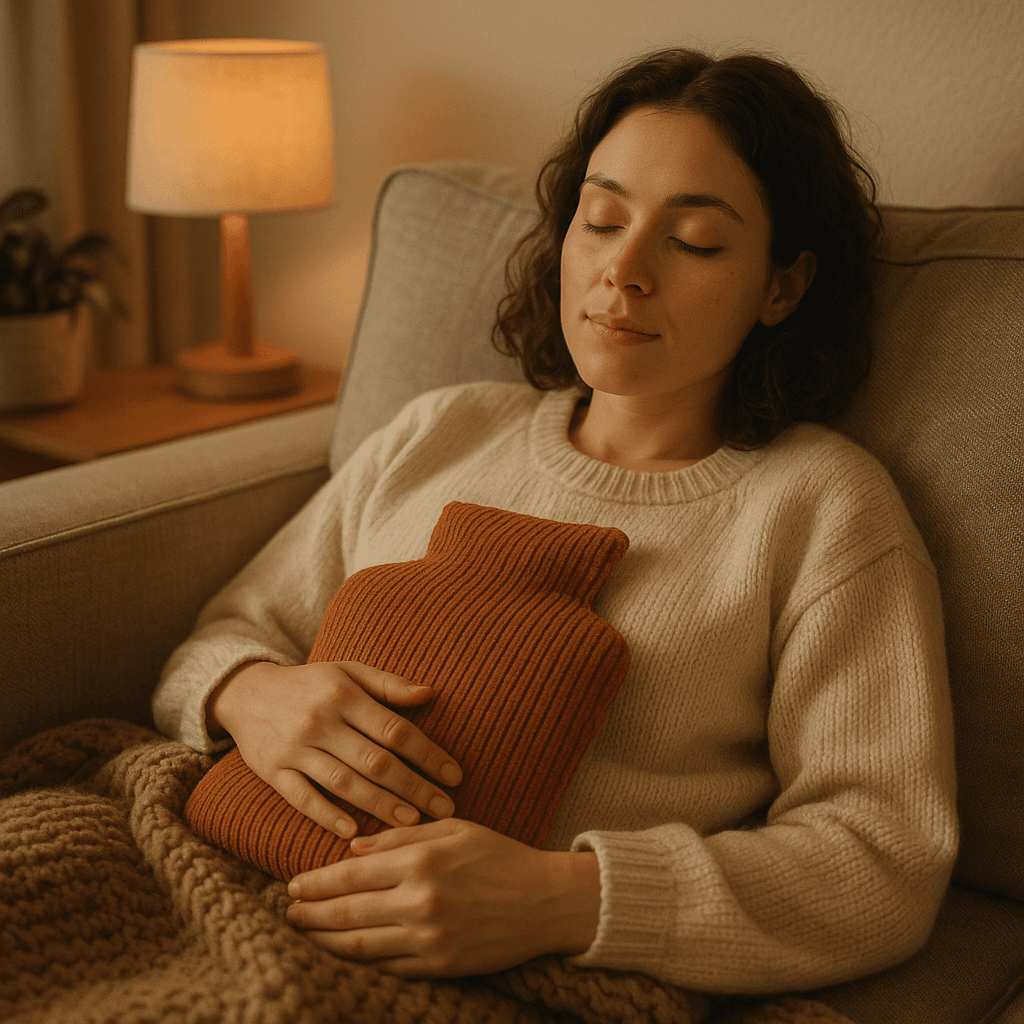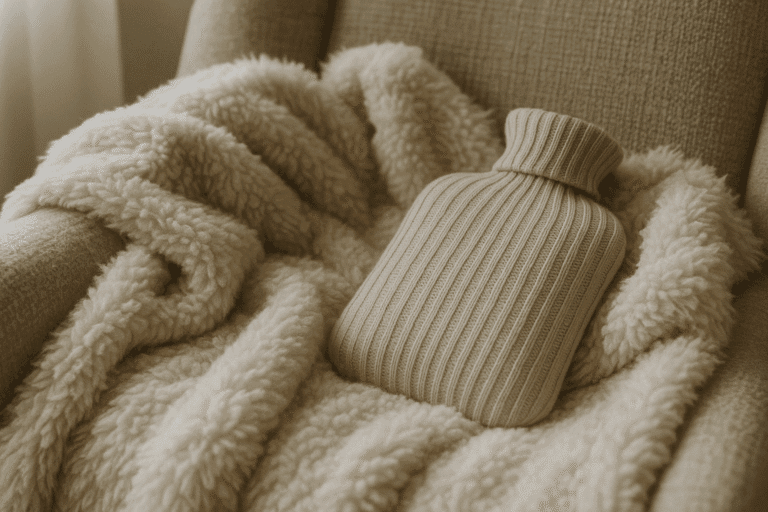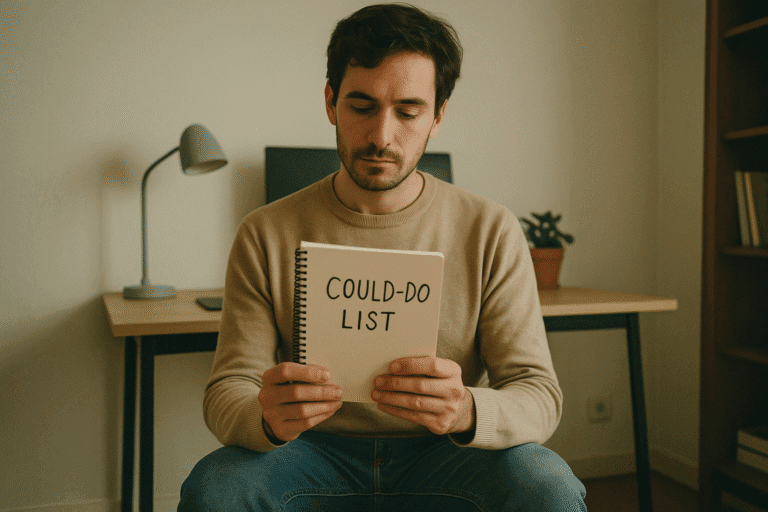Living with Crohn’s is like getting front-row seats to a digestive improv show—chaotic, unplanned, and rarely funny. One minute you’re a fully functioning human; the next, your digestive tract decides to throw a tantrum like a toddler with access to fireworks. It drains your time, your mood, and your patience. And it’s precisely why adopting a Crohn’s-friendly lifestyle isn’t some airy-fairy wellness aspiration—it’s a necessity, albeit one best approached with flair, creativity, and a healthy disregard for conventional wisdom.
Why a Crohn’s-friendly lifestyle beats reactive living
The default setting for most Crohn’s patients is reactive living. You wait for a flare, then scramble. Meds, bed, bland food, repeat. Reactive living puts your gut in charge. That’s no way to run a day, let alone a life. It teaches you to survive, but not to enjoy.
A Crohn’s-friendly lifestyle, on the other hand, flips the script. Instead of designing your life around symptoms, you design your life with them in mind—but centred on what makes you feel human again. The goal is a Crohn’s-friendly lifestyle that swaps friction for ease—even if your gut insists on acting up.
Why recoverability is central to a Crohn’s-friendly lifestyle
Let’s face it: trying to control Crohn’s is like trying to manage a cat using a PowerPoint deck. What matters more is how quickly you can bounce back. Your routines, environment, and mindset should be built for recoverability.
- Morning fatigue? Design a low-effort breakfast ritual with maximum comfort: hot tea, heated blanket, zero screens.
- Social guilt? Create default polite no-responses. Mine is: “My colon and I are in delicate negotiations. We’ll pass this time.”
- Overwhelmed by unpredictability? Build modular plans. If Plan A’s too ambitious, switch to Plan B without shame.
Effective Crohn’s disease self-care isn’t about perfection This isn’t about doing more. It’s about reducing the emotional tax Crohn’s places on your brain. Think of it as behavioural design for your digestive peace.
Decluttering your day to reduce digestive drama
Crohn’s is stressful. And stress fuels symptoms. It’s a vicious circle. The secret? Remove low-value obligations. The Zoom call from hell? Skip it. Curry night? Cancel it. That three-hour Sunday lunch with passive-aggressive relatives? Absolutely not.
Here’s what I suggest:
Run a friction audit every Sunday.
- What drained me this week?
- What sparked joy (however fleeting)?
- What commitments could I shrink, cancel, or automate?
If it doesn’t bring joy or stability, bin it. Crohn’s is a demanding job. Don’t add side projects that drain what little fuel you’ve got.

Rebuild identity while living a Crohn’s-friendly lifestyle
Now, let’s talk about rituals. Not just routines. Rituals are routines made sacred—often absurd, and that’s the point.
My favourites include:
- Drinking peppermint tea from a mug shaped like a llama during flare recovery.
- Listening to lo-fi hip hop while microwaving pre-blended mashed potatoes.
- Wearing socks emblazoned with “Professional Rest Enthusiast” on scan days.
These aren’t medicine, but they tell your brain: you’re safe, you’ve got rituals, and you’re still in charge. Behavioural economists call this placebo affordance. I call it strategic silliness.

Segment your lifestyle like a strategist
Segment yourself. Not all Crohn’s patients have the same rhythm, energy, or emotional reactions. There’s no one-size-fits-all.
Try these archetypes:
- Energy Oscillators – unpredictable stamina, need flexible routines
- Control Seekers – planners, thrive on structure and tracking
- Joy Chasers – burn out easily, need rewards baked into everything
- Simplicity Lovers – minimalists, need fewer decisions and quiet systems
Pick your type. Design accordingly. If you’re an Energy Oscillator, don’t book back-to-back plans. If you’re a Control Seeker, use a bullet journal and micro-goals. Design your Crohn’s-friendly lifestyle to suit your reality, not someone else’s Pinterest-perfect routine.
The true cost of saying yes
One of the most important—and hardest—parts of a Crohn’s-friendly lifestyle is boundary setting. Why? Because we’re conditioned to feel guilty for needing rest. But guilt is a luxury you can’t afford when your colon has declared civil war.
Here’s how I set boundaries:
- Default scripts: “Thanks so much for the invite—today’s a low-spoon day for me.”
- Humour shields: “I’d love to come, but my gastrointestinal tract has other ideas.”
- Physical cues: Use calendar blocks like “unavailable – recovery scheduled.”
Boundaries, delivered with humour, buy you peace without burning bridges.
Designing identity beyond the diagnosis
Now comes the deeper bit. When you’ve lived with Crohn’s long enough, it starts creeping into your identity. You’re not just someone who has Crohn’s—you’re a Crohn’s person.
That may be accurate, but it’s not helpful.
Instead, build identity outside your diagnosis. Maybe you’re the friend who gives the best movie recommendations. The neighbour who knows every dog’s name. The part-time poet, plant enthusiast, or spreadsheet artist.
Create what I call your Irrational Recovery Kit:
- A playlist that makes you laugh when you feel terrible
- A box of silly gifts you’ve given yourself
- A small ritual that brings you back to you
These things don’t “fix” you. But they remind you that you are more than your symptoms.
Final thought
You can’t always avoid Crohn’s. But you can avoid building a life that lets it run the show. A Crohn’s-friendly lifestyle is like a suit tailored around a limp—it doesn’t fix the limp, but it lets you walk into a room with style.
Forget perfect control. What you want is ease, humour, and recoverability. You’re not optimising your life—you’re re-enchanting it, one llama mug at a time.
What You Might Be Wondering About Crohn’s-Friendly Living
It’s a way of living that’s built around managing Crohn’s disease without letting it dominate your life. It focuses on routines, rituals, boundaries, and recovery strategies that make life easier and more joyful.
Yes—but stick to low-impact activities like walking or swimming, especially during flares. The goal is consistency, not athletic glory.
Absolutely. Stress is a known symptom trigger. That’s why designing rituals and boundaries matters—it reduces the emotional tax on your system.
There’s no universal list. But during flares, most people benefit from low-fibre, bland foods. In remission, a balanced diet tailored to your triggers is key.
Not only is it possible—it’s essential. Joy doesn’t cure you, but it makes the whole experience more bearable. Sometimes that’s enough.





